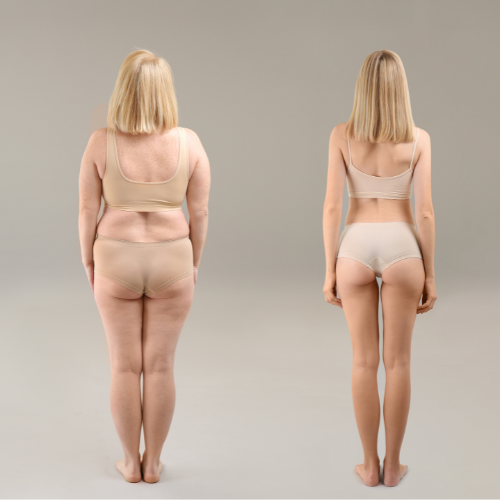Gluten-free diet - is it for everyone?

The gluten-free diet has grown in popularity in recent years, becoming not only a necessity for those suffering from celiac disease, but also a fashionable trend among those looking for ways to improve their health and well-being. Gluten, which is a mixture of proteins present in wheat, barley and rye, can be a source of health problems for many people. However, the question is, is eliminating gluten from the diet beneficial for everyone?
What is gluten and where is it found?
Gluten is a type of protein found in some grains, such as wheat, barley, rye and all their derivatives. It is responsible for the elasticity of dough, which allows it to rise and retain its shape, and gives bread its softness and fluffiness. As a result, gluten is present in many foods, such as breads, pastas, pastries and even in some types of sauces and processed foods.

Who should follow a gluten-free diet?
A gluten-free diet is essential for those suffering from celiac disease, an autoimmune disorder in which gluten consumption leads to damage to the small intestine. The diet is also recommended for people with gluten intolerance, which, although less serious than celiac disease, can cause unpleasant symptoms such as abdominal pain, diarrhea and fatigue. There is also a group of people who may suffer from non-celiac gluten sensitivity, where symptoms are similar, but there is no intestinal damage.
Potential benefits
For people with a diagnosis of celiac disease or gluten intolerance, a gluten-free diet brings significant improvements in quality of life. Eliminating gluten can contribute to the disappearance of symptoms, improved nutrient absorption and overall health. Some people without diagnosable gluten-related conditions also report improvements in well-being after eliminating this substance from their diet, such as better digestion, more energy and reduced inflammation.
Possible risks and drawbacks
Although a gluten-free diet can benefit some people, it is not without risks. Gluten-free products are often more expensive and less available. In addition, by eliminating gluten, you may inadvertently reduce your intake of important nutrients such as fiber, iron, calcium and B vitamins, which are abundant in gluten-containing products. There is also a risk that a gluten-free diet can become less varied and rich in processed foods, which paradoxically can lead to poorer health.
How to switch to a gluten-free diet?
Switching to a gluten-free diet requires a thorough knowledge of which products contain gluten, as well as the ability to read food labels. It's a good idea to start by eliminating obvious sources of gluten, such as bread, pasta, pastries and beer, and then pay attention to less obvious products that may contain gluten as an additive. It's also worth enriching your diet with naturally gluten-free products such as fruits, vegetables, meat, fish, eggs, most dairy products, and gluten-free grains such as rice, corn, quinoa and amaranth.

Summary
A gluten-free diet can be a lifesaver for people with celiac disease or gluten intolerance, and can also benefit some people without these diagnoses. However, it is not suitable for everyone and can lead to nutritional deficiencies if not properly balanced. Before deciding to eliminate gluten from your diet, it's a good idea to consult a doctor or nutritionist to help assess the potential benefits and risks of such a change. A gluten-free diet requires a conscious approach and proper planning to be safe and beneficial to health.




